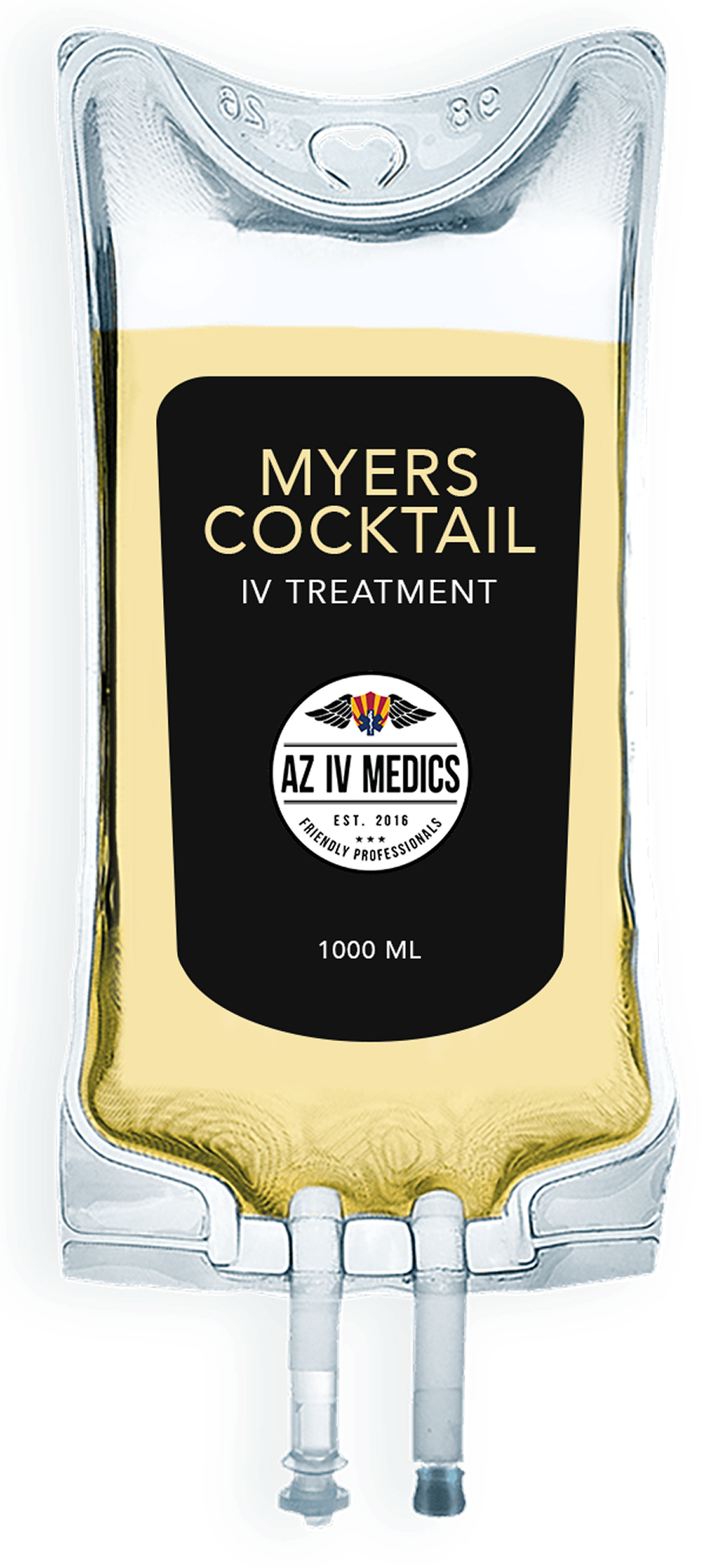
Cancer Patients IV Drip
A Myers' Cocktail like you've never experienced before! Packed with magical ingredients to boost your immune system, increase your energy, relieve fatigue, reduce stress, and improve your overall wellness—this spooky season, let The Witch's Brew work its magic on you!
$210 $199 Mobile
What's In Our Bag

Vitamin C

Glutathione

Vitamin B

Vitamin B12

Zinc

Magnesium
The Benefits of IV Therapy for POTS Syndrome
IV therapy is gaining popularity as an effective treatment for managing POTS (Postural Orthostatic Tachycardia Syndrome). This approach delivers a customized blend of vitamins, minerals, and nutrients directly into the bloodstream, bypassing the digestive system. For individuals with POTS, this is especially beneficial, as the condition often impairs nutrient absorption from food and supplements, making it difficult to get the necessary nutrients through traditional methods.
By delivering healing compounds directly to the cells, IV therapy offers a more immediate and noticeable improvement in symptoms compared to oral treatments. It can help enhance blood flow, reduce inflammation, and support the function of the autonomic nervous system, which is often disrupted in POTS. The effects can last for several days to a week, depending on the individual and the specific nutrient blend used.
Additionally, blood samples taken during the IV therapy session can help identify any nutrient deficiencies or imbalances, allowing for a more tailored approach to treatment. Overall, IV therapy provides targeted support for managing POTS symptoms, improving overall health and wellbeing.
Arizona IV Medics Is Here to Help
At AZ IV Medics, we provide mobile IV service for patients in Phoenix, Scottsdale, Tucson, Flagstaff, Sedona, Mesa, and Peoria. After one of our friendly paramedics arrives at your location, usually within an hour, they will evaluate your symptoms and recommend an IV with the best ingredients for your needs.
Our Myer's Cocktail, for example, includes Saline, Vitamin C, glutathione, Vitamin B Complex, Vitamin B12, Magnesium and Zinc.
To request an IV for POTS syndrome, call or text us at
623-521-5034.
See What Our Patients Are Saying
Jordan came yesterday to help my 20-year-old daughter who’s been fighting a bug for weeks. He communicated via text with an ETA and was prompt. He was a delight from the moment he walked in. Professional, courteous, gentle, knowledgeable and kind. He put my daughter, who dislikes needles, at ease and in no time at all she was hooked up with drip running. We had a great conversation while waiting for the bag to finish and I will definitely be using him if we should need the service again. Jordan is a class act and great at what he does. Don’t hesitate to contact him.
Called this morning and Nurse Angie was at my door within an hour! She was so knowledgeable and compassionate. The treatment was no different than was the ER usually does to treat the illness and there was no hours of waiting to see a doctor to tell me I need a bag of saline and some vitamins. Also the non narcotic medications the nurse was able to provide were the same i would have received in the ER. Totally an amazing service!
Ashley came by when I was terribly ill with the flu. I contacted them prior to operating hours and was surprised to have them contact me prior to their hours. They came close to an hour after I contacted them and let me tell you, she was awesome. She came to my home, let me get comfy in bed and hooked me right up. Gave me Toradol (may have spelled it incorrectly) immediately since my headache was the main concern. She wasn’t pressing for conversation, which I thought was great cause I probably wouldn’t have engaged much due to feeling crummy. After several minutes my head was feeling so much better.


